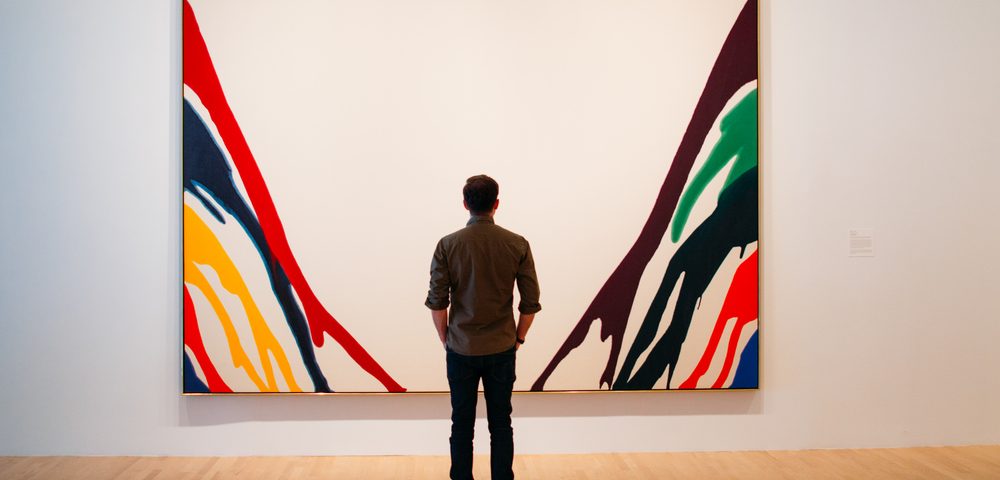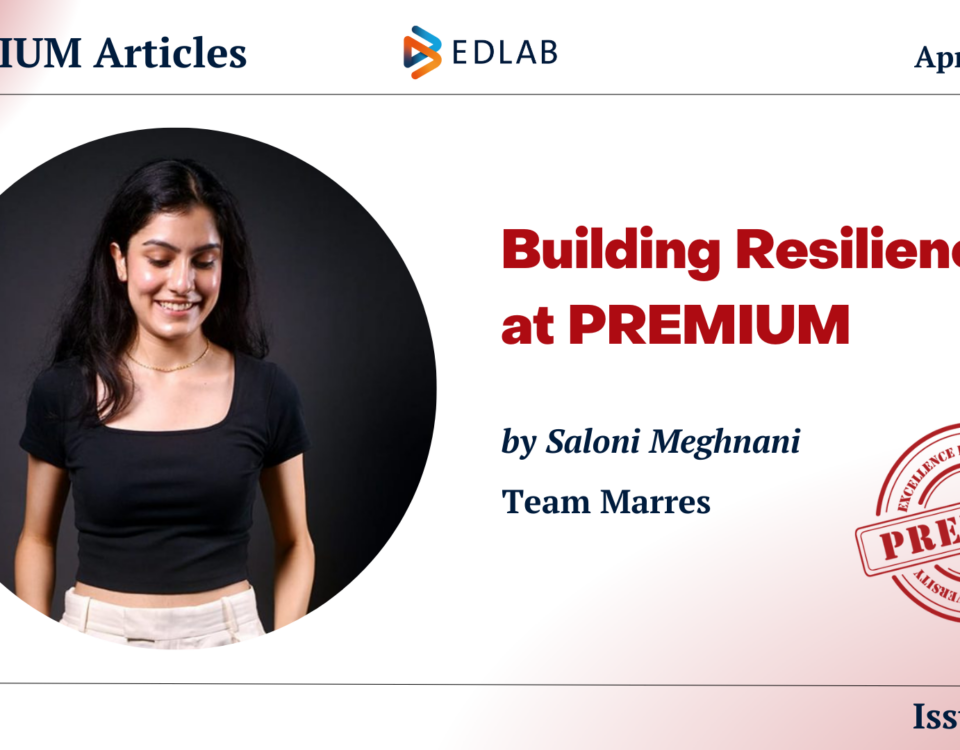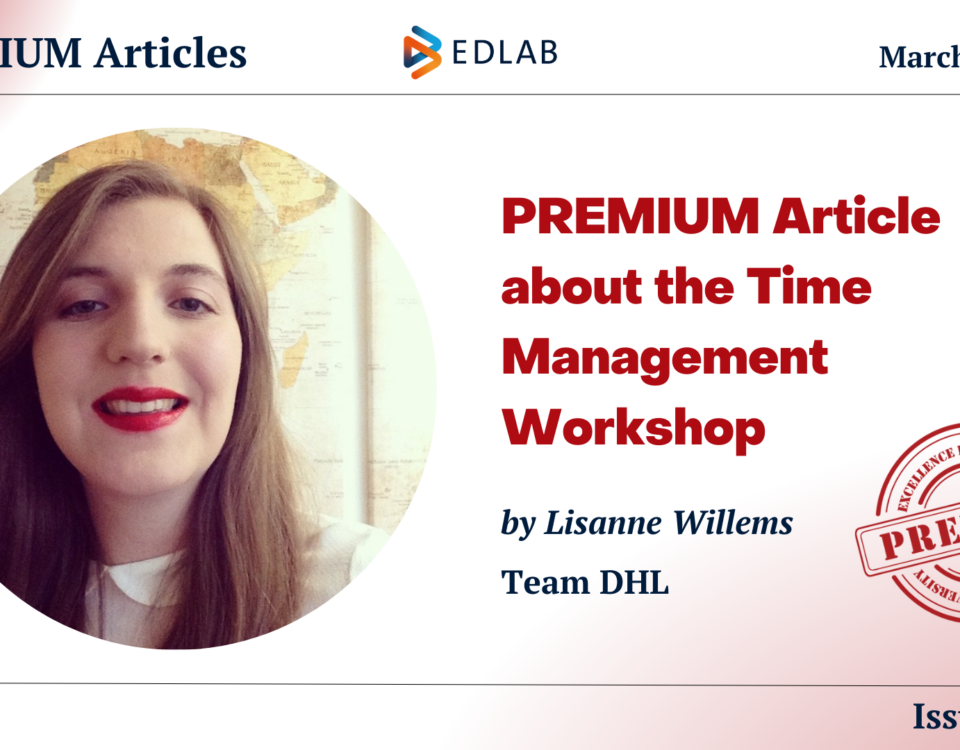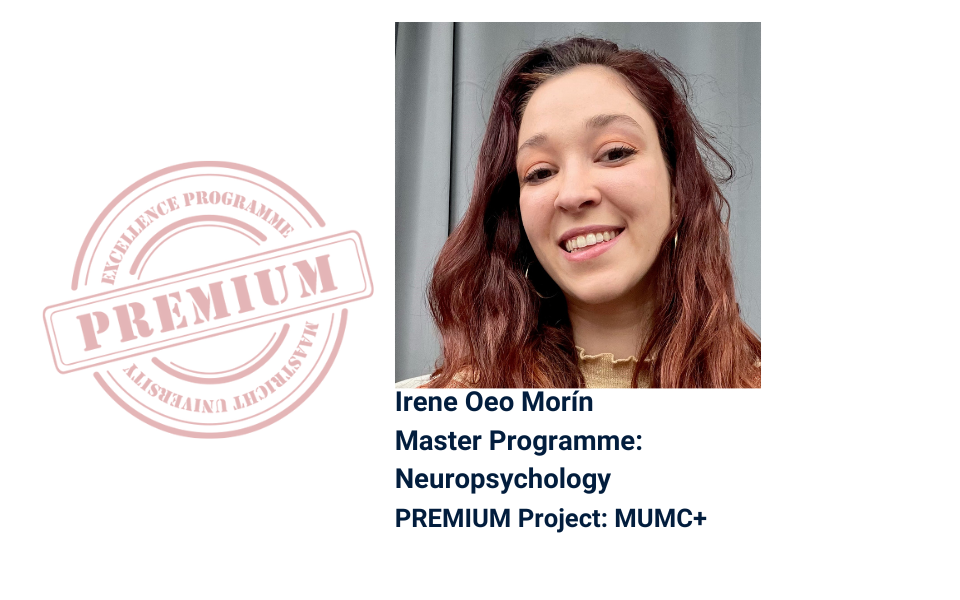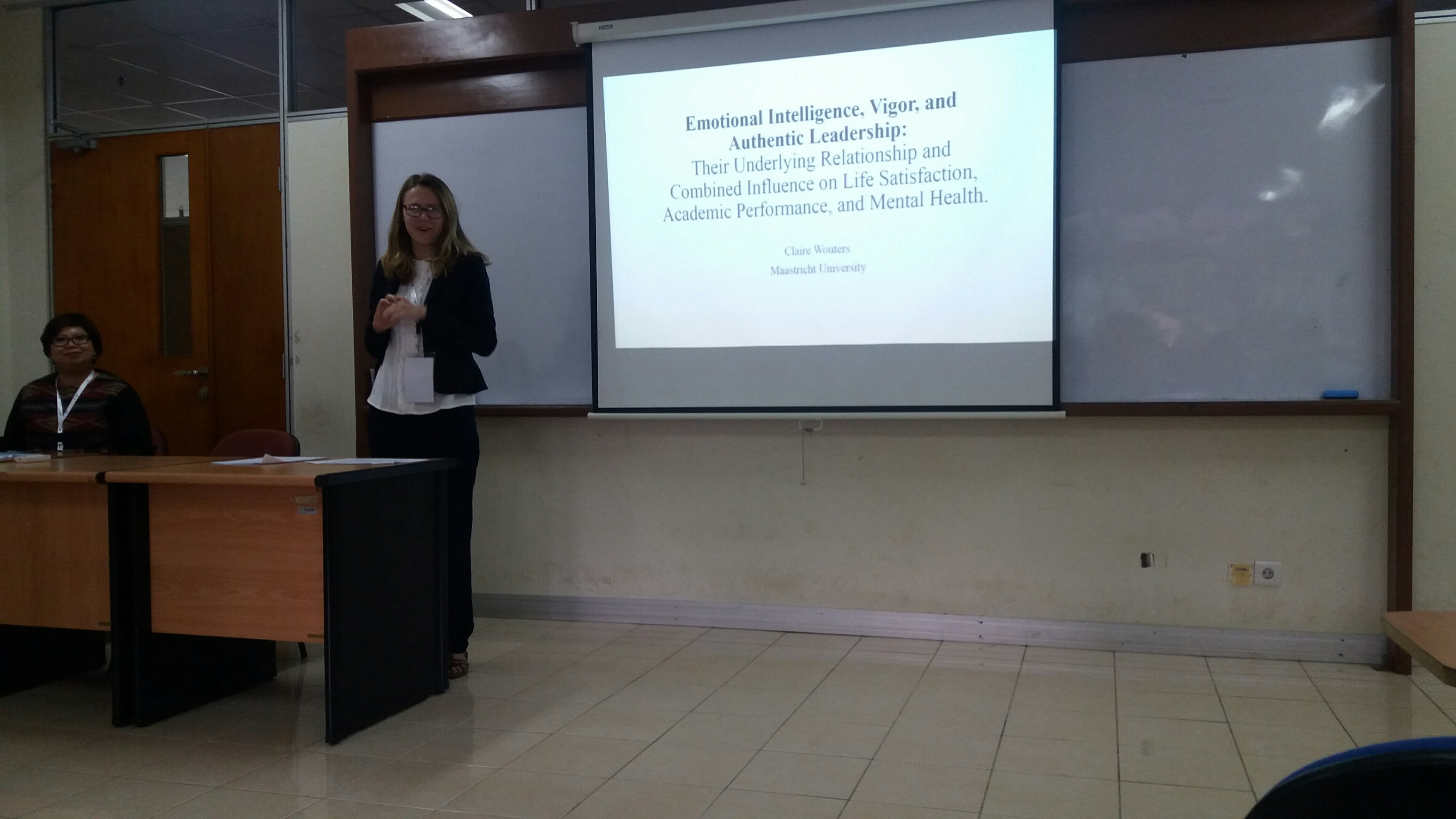
The MaRBLe experience of: Claire Wouters
25-04-2017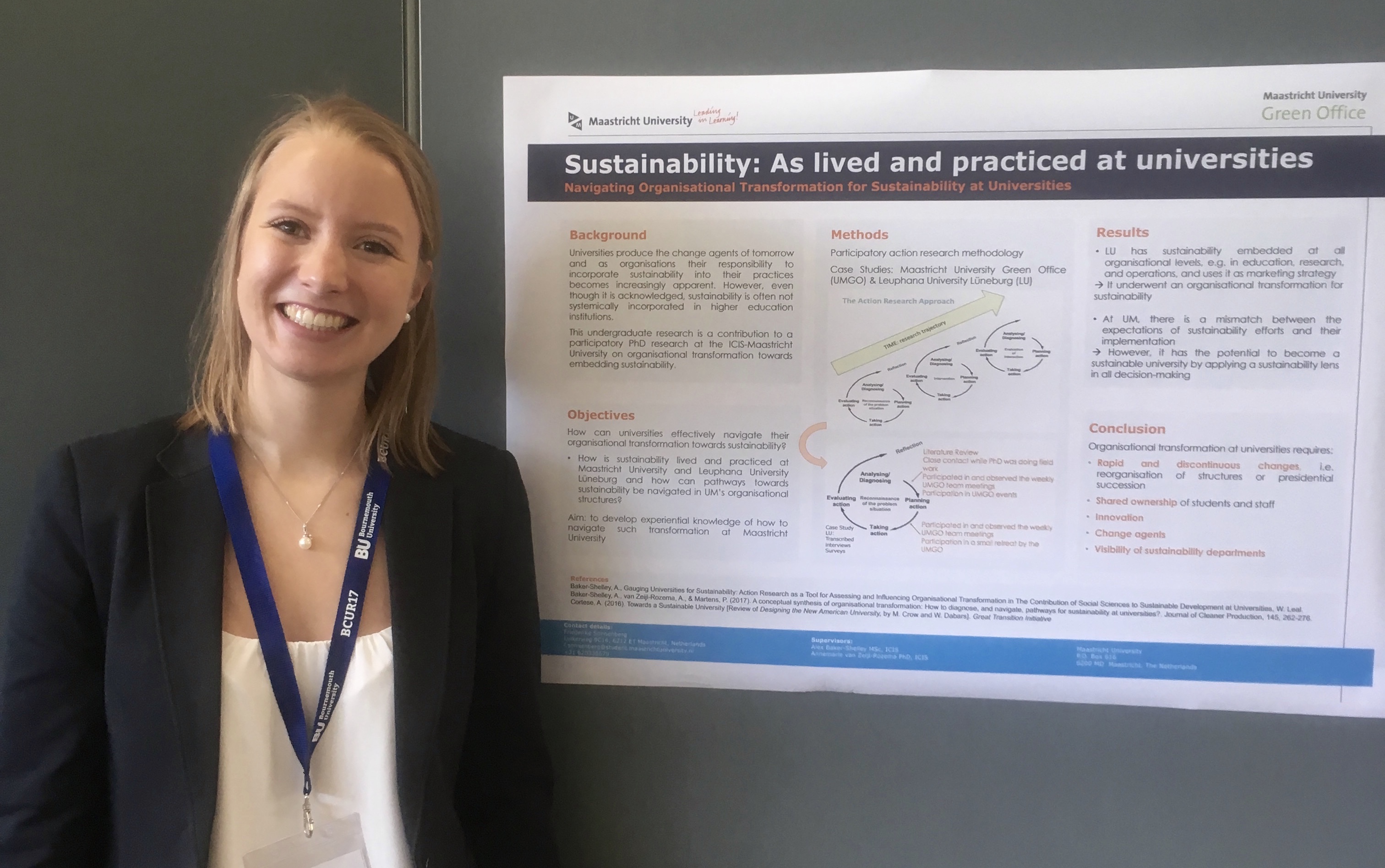
The MaRBLe experience of: Rieke Sonnenberg
10-05-2017Helen Verploegen is one of the students who participated in the MaRBLe project in 2016 during her studies at University College Maastricht. In her research project she combined her interdisciplinary interests in art and psychology while further developing her interest in research. This resulted in a year-long research project for which she received a MaRBLe scholarship, ending up with surprising findings.
How it started
“My MaRBLe experiences started in February 2016 when I just started my second year at UCM. At UCM you are allowed to put together your own curriculum, and I focus on art and psychology. I am very interested in how we interact with art and design on a daily basis and the psychological processes that are at play in this. One of the main reasons I came to UCM was because of the undergraduate research opportunities, so ever since I started here I knew I wanted to participate in the MaRBLe programme. I have always been very curious and love digging into new topics and writing papers. I applied to start the programme during my second year and I wanted to directly combine my two field interests in the project. This did mean that I couldn’t just join an existing research project, as is usually the case for MaRBLe students at UCM. Instead I designed my research project from scratch.”
The process
“The first step was finding a supervisor so I approached the MaRBLe coordinator at FPN, Arie van der Lugt, to ask him if he knew of anyone at the faculty that would be interested in working with me on a project related to art and psychology. At the time I had no idea what I actually wanted to research, I just knew I wanted to combine these topics. Luckily Prof. Alexander Sack offered to help me out. During our first meetings we established a research topic and gradually we designed the entire methodology, focusing on the mere-exposure effect in art (the idea that you like artworks more that you have seen before). At the department they work a lot with TMS (Transcranial Magnetic stimulation), a neuroscience technique that allows to interfere with usual neurological behaviour by means of magnetic pulses. We wanted to use this technique to see what the neurological basis of the mere-exposure effect was. But, by the time we finally designed the methodology an entire semester had flown by, without any empirical research actually done. These months really made me realise how the entire process of doing research works from the very start and how long such a process takes. A lot of detailed work is a part of this, that goes far beyond just the literature review we are used to in our daily course work.”
It really made me realise how the entire process of doing research works from the very start
“Luckily UCM allowed me to continue my project for another semester, so I could actually implement my research design. This is also where the MaRBLe scholarship came in. As this was an empirical study with quite some participants we needed funds to cover the booking of labs where the experiment took place, as well as offer the participants some incentive to join the experiment. The application process for the scholarship was another really great learning moment as it was almost like a grant proposal that you would need for an actual research project, but then in small. It made me think off all the facets that are a part of doing research, including the very important basics as financing or booking all the needed facilities.”
The results
“After I was awarded the scholarship we started a pilot study to test if our assumptions were correct and to test out the exercise that was programmed for the experiment. Unfortunately, this pilot study did not show the results we expected. In the end it did give solid significant results, but actually showing the opposite of what we hypothesized. This meant that we couldn’t continue the project as planned. Because of the limited time we had left, we ended the project here. Of course it was unfortunate that we couldn’t actually finish the project as we planned it or we didn’t get the findings we expected, but in the end I also learned that that is exactly what research is about. Things don’t always go as planned and it takes a lot of tweaking and changing over a long period of time to get things right. Sometimes the results just aren’t what you expected, but this leaves you with new exciting questions that inspire new research! In the end you will very often not get your hypothesized results but that actually makes research even more worth it; after all if you would always get the expected results it would be a pretty boring job.”
Sometimes the results just aren’t what you expected, but this leaves you with new exciting questions that inspire new research!
Looking at the future
“Overall I had a really great experience during MaRBLe and it definitely met all my expectations. I learned a crazy amount of things; both theoretical knowledge on neuroscience as well as all the practical elements that are a part of doing research. I am looking into research masters right now to continue down this path and it wouldn’t be a surprise to me if I ended up doing a PhD one day as well.”

